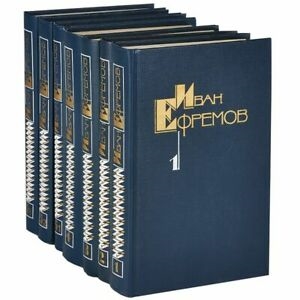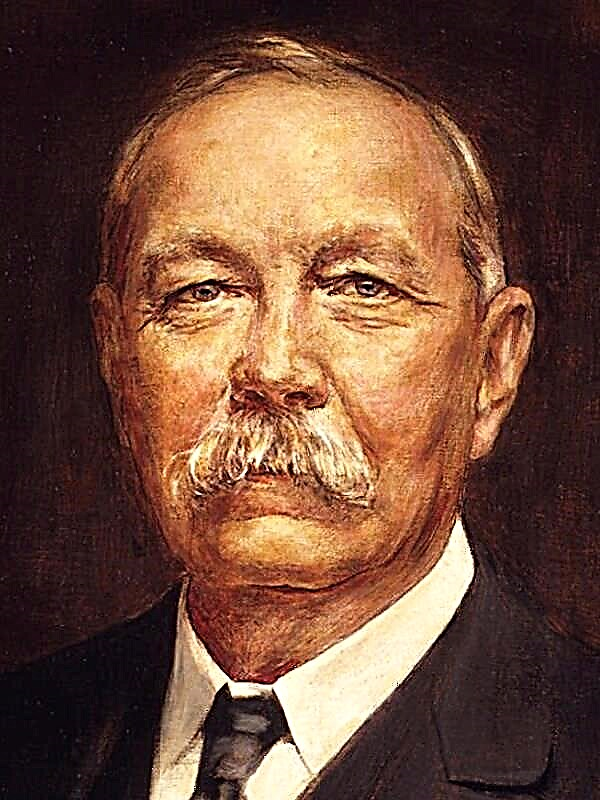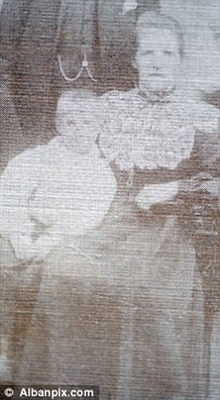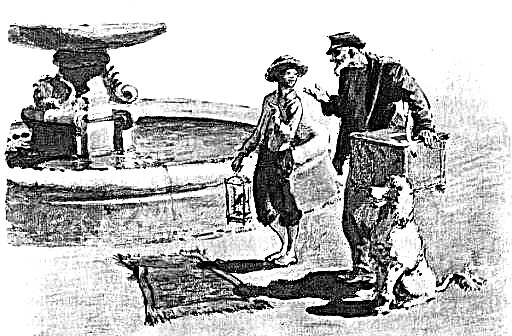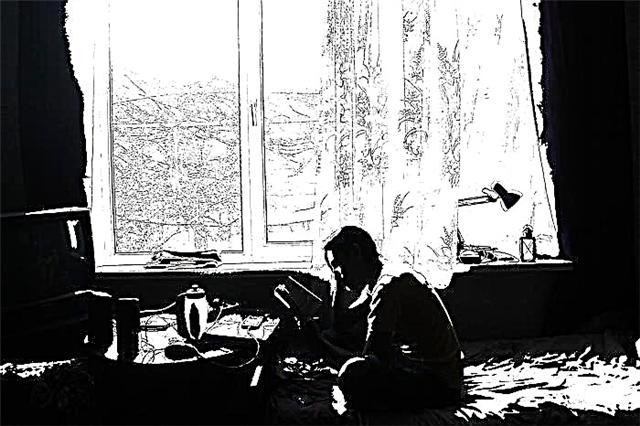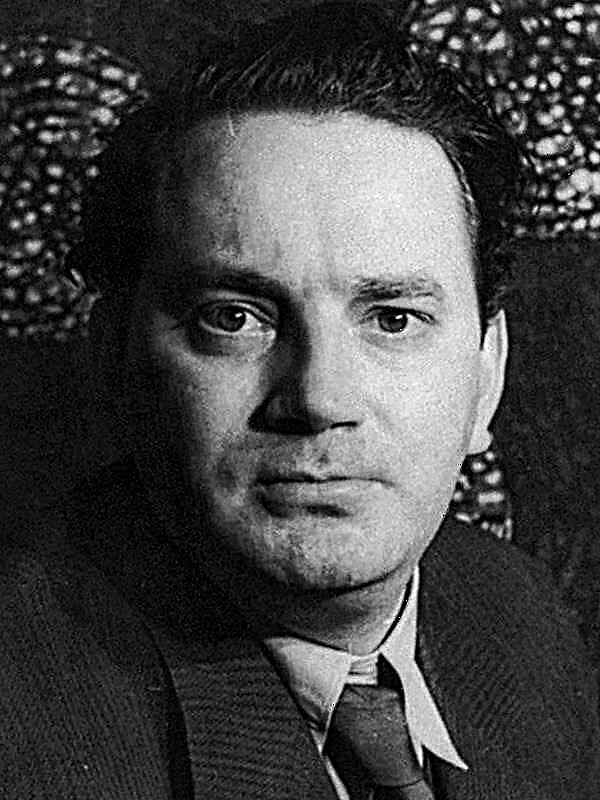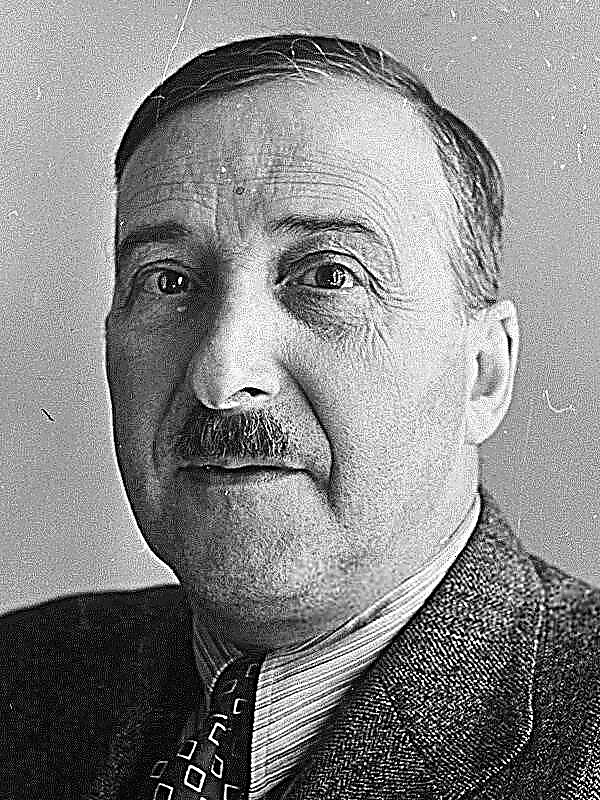(316 words) The theme of "little" people occupies one of the central places in Russian literature. Many great writers often made the heroes of their works insignificant, unremarkable citizens, defenseless in front of the soulless state machine. Topic started by A.S. Pushkin, picked up and A.P. Chekhov, giving us a radically new look at the problem in question in the story "The Death of an Official"
The story begins with an incident in the theater when the executive Ivan Dmitrievich Chervyakov sneezes at General Brizzhalov, who is sitting in front of him. The main character is in real horror, his conscience begins to gnaw for insulting towards a higher person, while the general himself did not attach absolutely any significance to this episode. It is from this moment that the traditional struggle of the "little" man with the "big" begins, turned Chekhov inside out. A life spent in fear and reverence left an indelible mark on Chervyakov’s mind. He is not able to realize all the insignificance and pettiness of what happened, as he deals with the holy and untouchable, for him, figure of the general. With all sincerity, having apologized even in the theater, Chervyakov continues to believe that this is not enough, and that Brizzhalov harbored a grudge against him. After consulting with his wife, the executor begins the siege of the reception of the general, coming to him time after time, apologizing again and again, but this only annoys him. In the end, angry to the limit Brizzhalov shouts at Ivan Dmitrievich, and he, returning home, dies. Usually a "small" person acts as a victim of a higher member of society, but not Chekhov’s. The writer creates an absurd picture when it is the venerable general who becomes a victim of the servile nature of Chervyakov. Even the death of the protagonist is presented as phantasmagoric and ridiculous. Whereas in other similar works the heroes lost something important for themselves or suffered injustice through the fault of their superiors, Chezhov did not cause the main character any harm, only shouting for him, but for the executor even such a trifle is like the wrath of God himself.
Chekhov in his usual manner looked at the "little" man in a new way. First of all, he called on people to work on themselves, to educate in themselves a proud person with a sense of dignity, and not the servile Chervyakov.


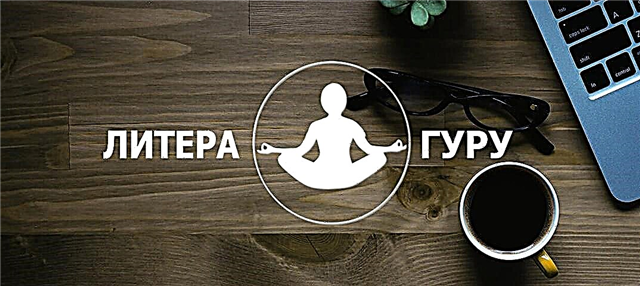
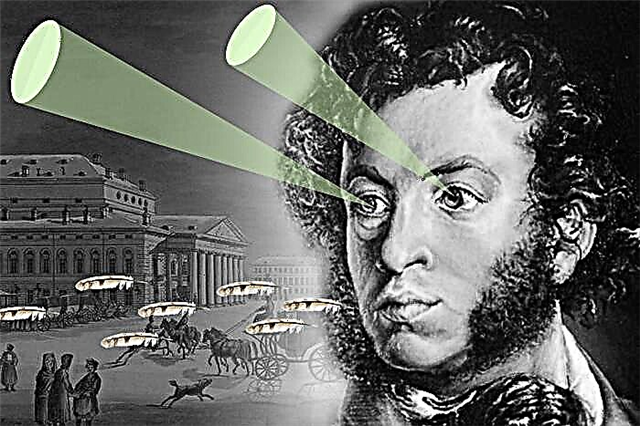
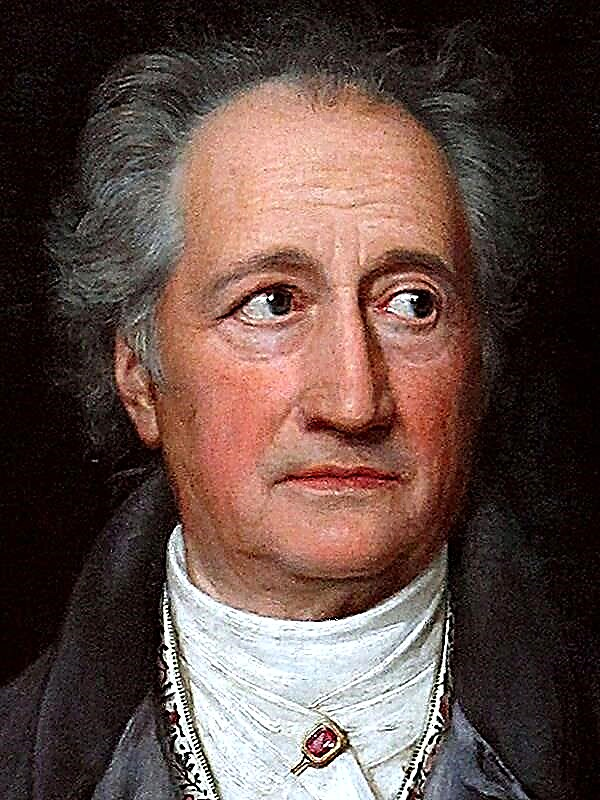 The years of wandering Wilhelm Meister
The years of wandering Wilhelm Meister